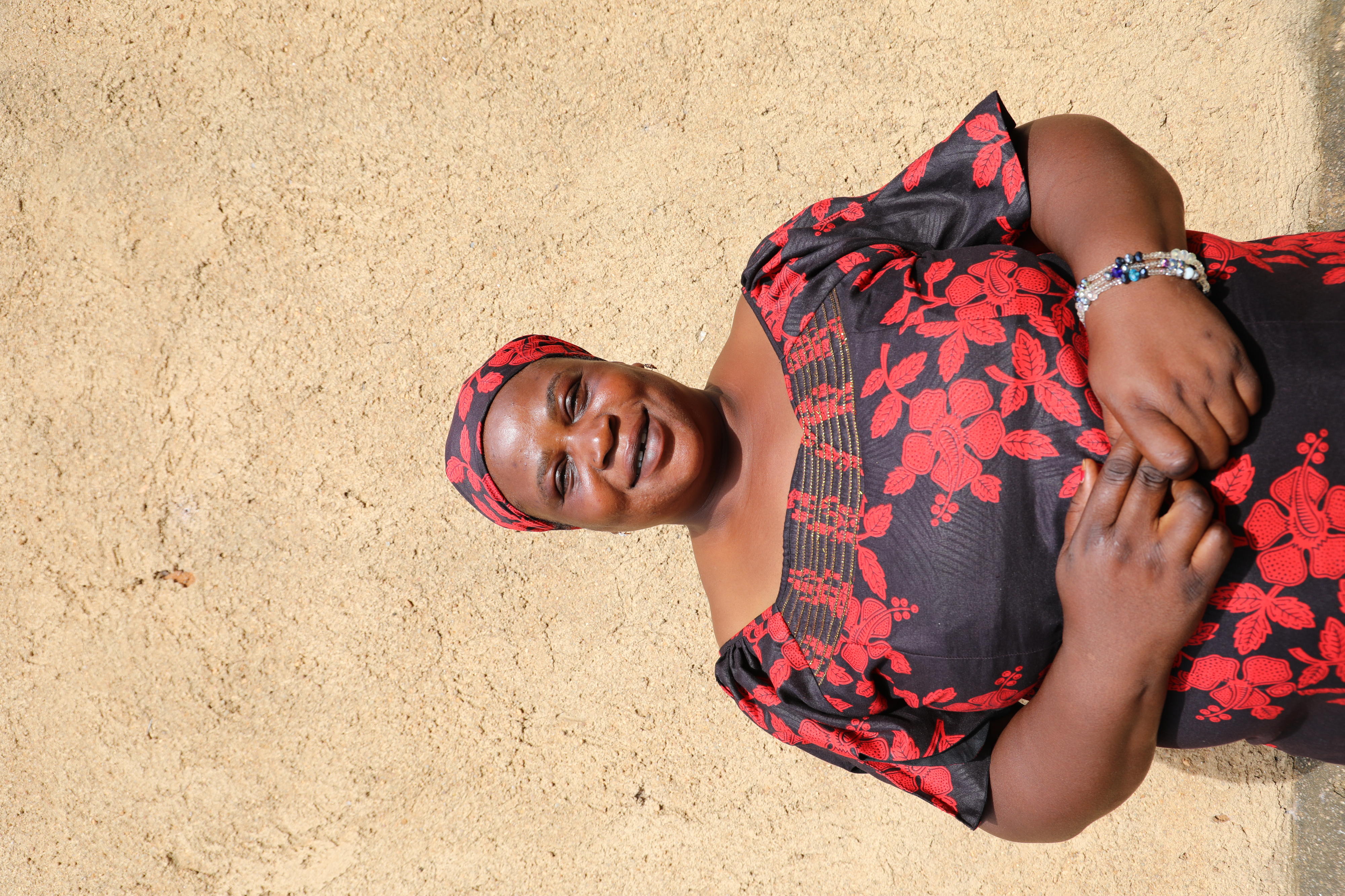Why international development cooperation Aissatou Garba
Aissatou wants to change that, so she has taken on the task of training women in her local area and her agricultural cooperative and providing them with start-up capital to buy livestock. By setting up their own small-scale farms, they are then able to feed themselves and lift themselves out of poverty. Aissatou attended a training course on animal husbandry, which was supported by development cooperation. Now she’s a trainer herself and passes her knowledge on to others. Projects like these play a part in tackling hunger and malnutrition worldwide.
That then reduces poverty and inequality, which gives societies more stability. And people are less reliant on international support. That helps Germany because, over the long term, projects like these make societies and economies more stable. And that ultimately benefits Germany, as an exporting nation and an economy with strong international links.
As at: 17/10/2024
